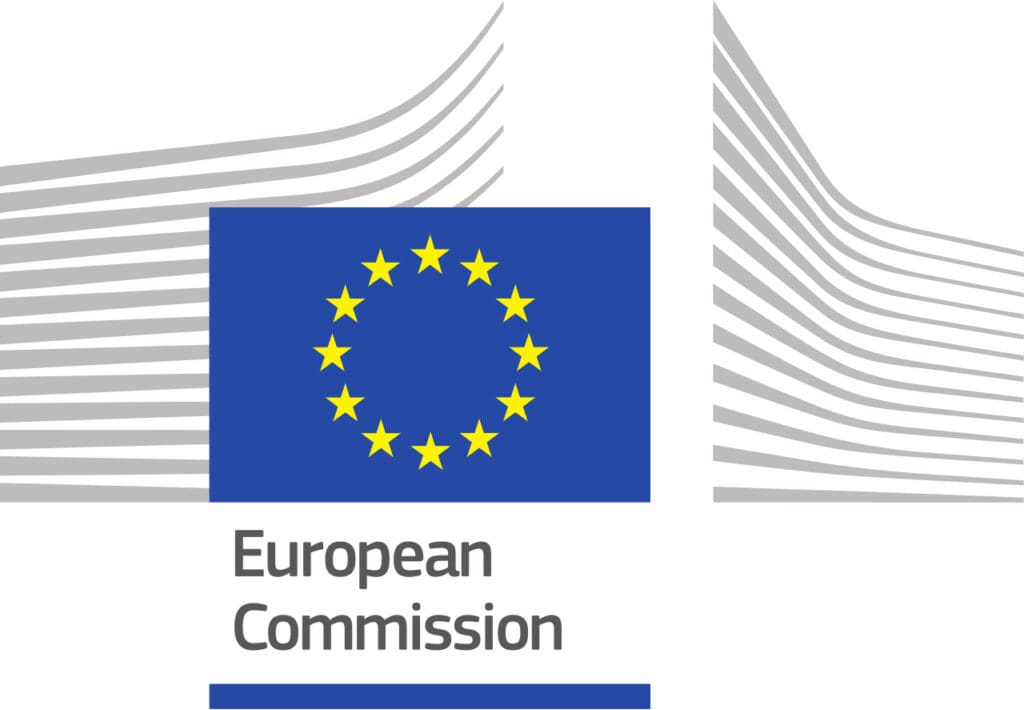By Kirsten Fiedler
In the past year, EDRi made numerous formal requests to get more information about the EU Internet Forum. This Forum was set up by the EU Commission to persuade companies to do “more” to fight terrorism. After months of obstruction from the European Commission, EDRi made a maladministration complaint to the European Ombudsman. As a result, a formal inquiry has been launched.
Privatised censorship
The problem: The action points agreed with online companies in secret meetings of the Forum may have a direct negative impact on our freedom of expression. Why? Because one of the topics that is being discussed is the censoring of online content by private companies – without any judicial process.
Many case studies highlighted by onlinecensorship.org have shown that private companies regularly violate fundamental rights in the online space, flouting the principle that restrictions on civil and human rights must be based on law. This practice is now being encouraged and pushed by the EU Commission.
Additionally, the EU Commission repeatedly denied us access to the documents that are being discussed by the IT Forum. The reason for our requests is simple: The EU Commission has a very bad record of keeping such projects in line with fundamental rights.
Exclusion of civil society
Moreover, despite the fact that the Commission announced in its “Communication on the European Security Agenda” the need for an inclusion of civil society in such projects, no civil society organisation has been allowed to participate in the Forum’s meetings on terrorism.
We have raised this criticism on multiple occasions – in meetings with the department for Migration and Home Affairs (DG HOME) and in our position paper (pdf). This exclusion fails to respect the institutions’ responsibility to give citizens the opportunity to “publicly exchange their views in all areas of Union action” (Art. 11 of the Treaty on European Union).
EDRi’s complaint and Ombuds(wo)man investigation
The maladministration investigation has been launched following a complaint submitted by EDRi to Emily O’Reilly, the EU Ombudsman, on 17 February (Letter by the Ombudsman, pdf). The complaint points out that:
- The Commission systematically failed to respect the legal deadlines to respond to our requests.
- The Commissionʹs decision to merge (a process called “joining” in EU jargon) two of our access requests (GestDem 2015/6363 and GestDem 2016/0095) lacks any legal basis. By default the Commission should make non-confidential documents directly available.
- The Commission wrongly refused full access to the note of 10 June 2015 (pdf) and to the concept note (pdf).
The Ombudsman responded that she has decided to open an inquiry into the third and last claim. The letter states that she will be
carrying out an inspection of the relevant documents. I have therefore asked the Commission to facilitate, in accordance with Article 3(2) of the Statute of the European Ombudsman, my inspection of the Commission’s note of 10 June 2015 and the related concept note (to which only partial access was granted in the context of access request GestDem 2015/3658).
As regards the first claim, the letter states that Ombudsman is not opening an inquiry as this widespread practice is already the object of an own‐initiative inquiry. Regarding the second claim, the Ombudsman suggested we raise our request with the Commission again.
[Update 30 June 2016] We have received a letter by the EU Ombuds(wo)man informing us that she has carried out an inspection (pdf). The inspection report (pdf) finds that
The Commission transmitted copies of the unredacted documents to be inspected to the Ombudsmanʹs inquiry team by electronic means. It further classified them as confidential.
The Ombudsman invited the Commission to submit an opinion on the complaint by 30 September 2016.
We will continue to report on the EU Internet Forum and the inquiry on our website.
Kirsten Fiedler is the Managing Director of European Digital Rights (EDRi), an assosciation of organisations from across Europe which defend human rights in the information society. After her European studies in the UK, France and Germany, Kirsten started blogging on digital rights issues and advocating civil rights in the digital environment. You can follow her on twitter: @Kirst3nF. This article was originally published on EDRi website. Republished here under Creative Commons License.
